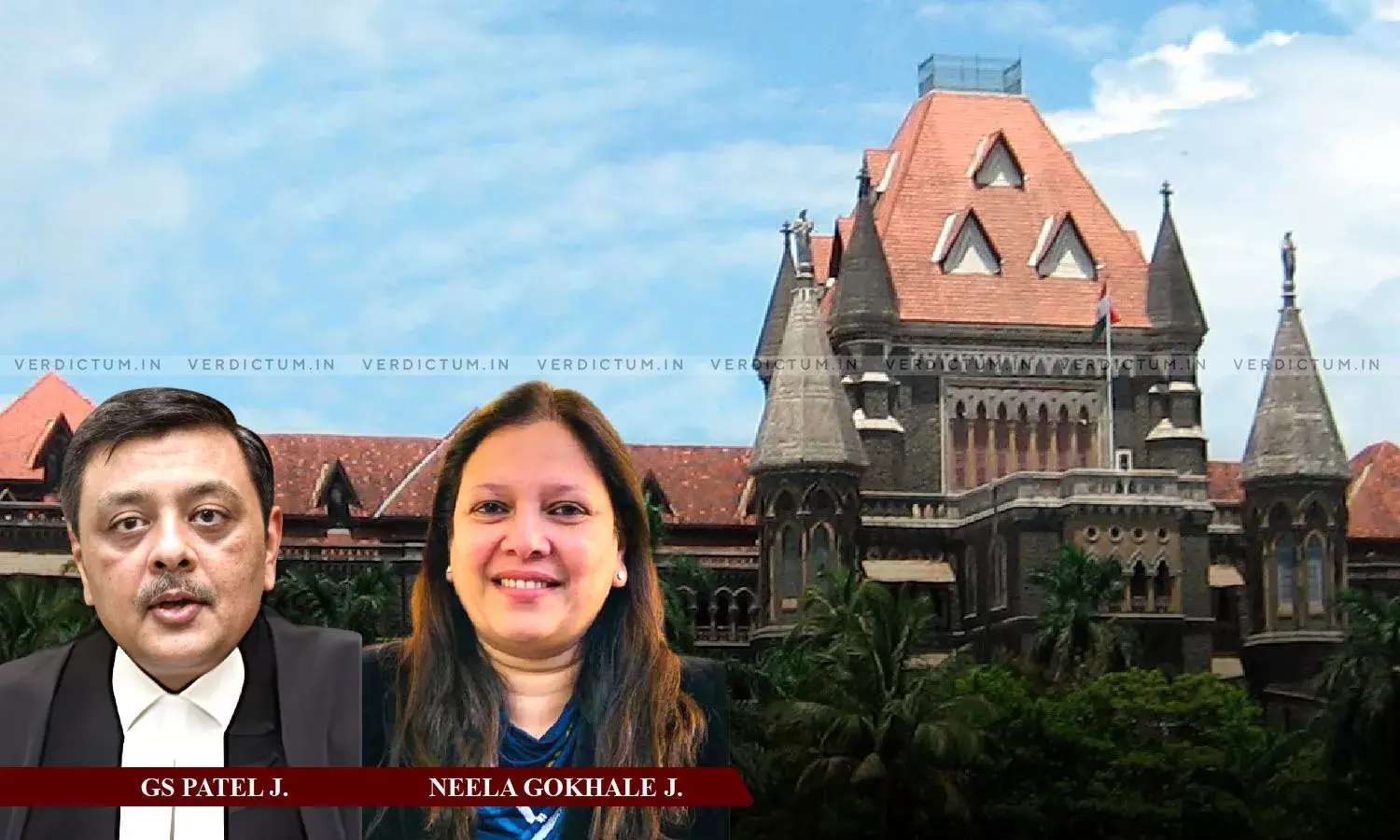Urban Land (Ceiling And Regulation) Act | No Demand Can Be Made Applicable To Land That Is Retainable: Bombay HC Reiterates

The Bombay High Court allowed a Writ Petition challenging the demand of Rs. 6 lakhs raised by the District Collector (DC) under the Urban Land (Ceiling and Regulation) Act, 1976 (Act, 1976) per the Government Resolution (GR, 2019) of August 2019.
The Court observed that the expression “entire land” in the GR, 2019 or the later GR of 23rd June 2021 signifies the whole of the surplus vacant land and not the whole of the land. Any demand for a premium for the retention land is illegal, unconstitutional and unlawful, the Court emphasized. The Court referred to the decision in Salim Alimohomed Porbanderwalla & Anr vs State of Maharashtra & Anr [2023 SCC OnLine Bom 731], which held that the government cannot demand a premium for retention land that is exempt from the ceiling limit under the Act, 1976.
The Bench comprising Justice G.S.Patel and Justice Neela Gokhale observed, “To make it perfectly clear, once and for all: (a) No demand under the 1st August 2019 GR or the later GR of 23rd June 2021 can be made applicable to the land that is retainable, i.e., exempted, and is in the ownership of and has vested in the private owner. (b) The Government has no power to demand a premium for the private party’s own land. (c) The retention land, i.e., that which was within the ceiling limit permissible under the ULC Act and which was not vacant land, cannot be computed or reckoned for the purposes of computing a premium. (d) The expression “entire land” or “,dw.k {ks=” in the 1st August 2019 GR or the later GR of 23rd June 2021 means the whole of the surplus vacant land not the whole of the land, i.e., not the portion including the retention / retainable land. (e) Any demand for a premium for the retainable land is illegal, unconstitutional and unlawful. (f ) There cannot be a continuance of the Section 20 order in the revenue entry against the whole of the land. (g) No revenue entry under Section 20 can apply to the retention land. (h) Any revenue entry showing the State Government in respect of the retainable / retention land is also illegal”.
Senior Advocate Pravin Samdani appeared for the Petitioners and Additional Government Pleader Himanshu Takke appeared for the Respondents.
The Petitioners had applied to the State of Maharashtra to avail of the benefits of the GR, 2019 to pay 15% of the annual market rate for the surplus land. The DC thereafter demanded Rs. 6,09,66,477/- along with Competent Authority, upon the alleged surplus vacant land.
The Court stated that the Act, 1976 was enacted with two goals: to prevent land speculation and profiteering by a concentration of urban land in the hands of a few and to achieve an equitable distribution of land in urban agglomerations for the greater good. The Act, 1976 specifies three strategies to achieve these goals: (1) imposing a "ceiling" on vacant land in urban agglomerations, (2) acquiring land in excess of the ceiling, and (3) regulating construction on such land. No person may hold vacant land beyond the specified ceiling limit in the areas covered, the Court noted.
“The position in law is as follows. The ULC Act’s stated purposes were two: first, to prevent land speculation and profiteering by a concentration of urban lands in the hands of a few; and, second, to achieve an equitable distribution of land in urban agglomeration for the greater common good… Chapter III of the ULC Act had specific provisions directed towards these objectives. Broadly, there were three strategies. (1) the imposing of a ‘ceiling’ on vacant land in urban agglomerations, (2) acquiring lands exceeding the ceiling, and (3) regulating construction on such land. Chapter III thus — and logically — had three sub-parts. Sections 3 through 18 dealt with ceiling limits, determining vacant land and the acquisition of ‘surplus’ land (land exceeding the ceiling). Sections 19 to 22 dealt with exemptions (and this is important for our purposes today)”, the Bench noted.
The Court asserted that the Act, 1976 was repealed through the Urban Land (Ceiling and Regulations) Repeal Act 1999, which does not save the validity of orders made under Section 21. However, exemptions granted under Section 20 of the Act were not affected by the repeal. The Government of Maharashtra appointed a committee to recommend a way to close the issue of exemption orders under Section 20. The committee recommended that the State Government accept a payment, called a premium, to close all pending issues. The State Government issued a GR on August 1, 2019, offering to close all pending issues by accepting a premium, the Court noted.
The provisions of Chapter III cannot be applied to land that was not vacant and held in excess of the ceiling limit before November 29, 2007, the Court noted. The Court observed that the government cannot demand a premium for the private party’s land. The Court emphasized that no revenue entry under Section 20 can apply to the retention land and that any revenue entry showing the State Government in respect of the retainable/retention land was also illegal. The Court noted that retention land is not vacant land and cannot be reckoned for the purposes of computing a premium.
Accordingly, the Court allowed the petition.
Cause Title: Jemini Pradip Salot & Ors v State of Maharashtra & Anr

